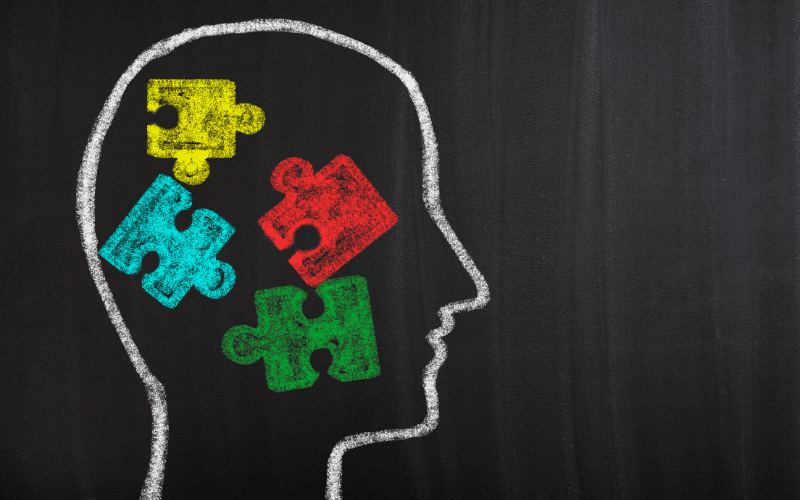Difference 3: Causes and Triggers – The Underlying Factors Contributing to Depression and Anxiety

The causes and triggers of depression and anxiety can vary, with each condition having its unique set of contributing factors. Understanding these factors can help in the prevention and management of both conditions.
Depression: A Combination of Genetic, Biological, and Environmental Factors
Depression is thought to result from a combination of genetic, biological, and environmental factors. Genetic predisposition can play a role in the development of depression, with a family history of the condition increasing an individual’s risk. Imbalances in brain chemistry, specifically neurotransmitters such as serotonin, norepinephrine, and dopamine, are also believed to contribute to depression. Environmental factors, such as stress, trauma, or significant life changes, can trigger the onset of depression as well.
Anxiety: Genetics, Brain Chemistry, and Life Experiences
Similar to depression, anxiety is believed to be caused by a combination of genetic, biological, and environmental factors. Genetics can play a role, with a family history of anxiety disorders increasing an individual’s risk. Imbalances in brain chemistry, particularly in neurotransmitters like serotonin and norepinephrine, can contribute to the development of anxiety disorders. Life experiences, such as exposure to traumatic events, prolonged stress, or childhood adversity, can also trigger anxiety.
While both depression and anxiety share some common causes and triggers, the specific factors that contribute to each condition can differ. Understanding these differences can help guide targeted prevention and intervention strategies. (2)
